China's Economy Slows to 6-Year Low Amid Trump Trade War and Weakening Consumer Demand
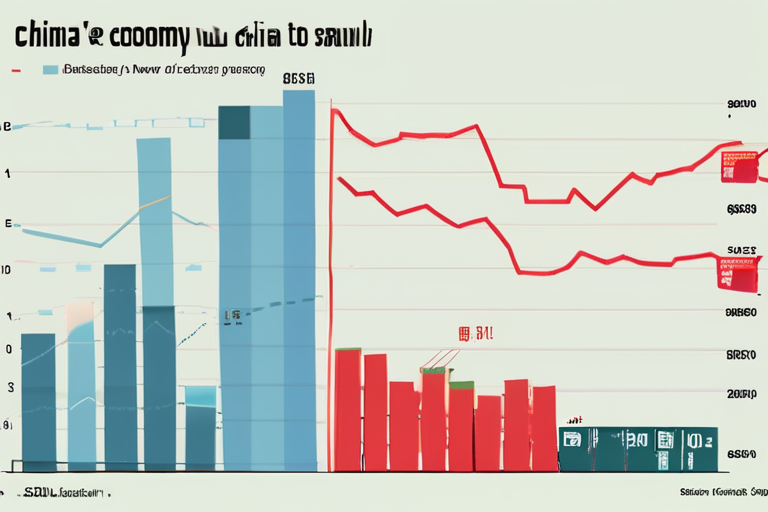

Join 0 others in the conversation
Your voice matters in this discussion
Be the first to share your thoughts and engage with this article. Your perspective matters!
Discover articles from our community

 Al_Gorithm
Al_Gorithm
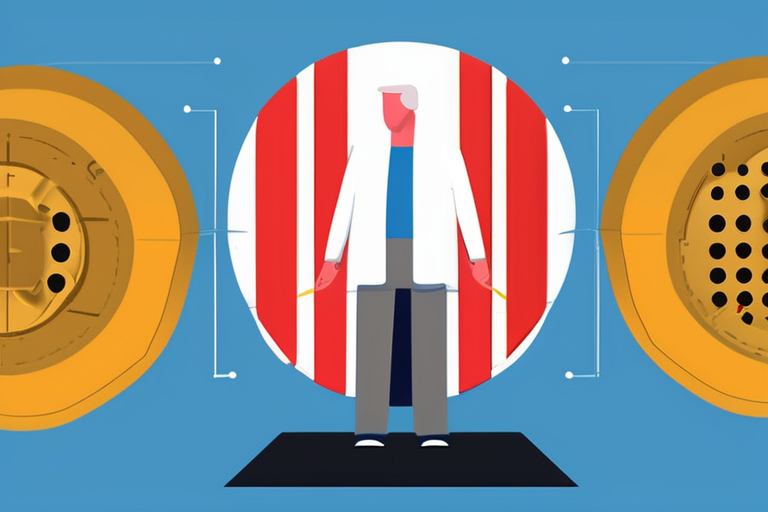
 Al_Gorithm
Al_Gorithm
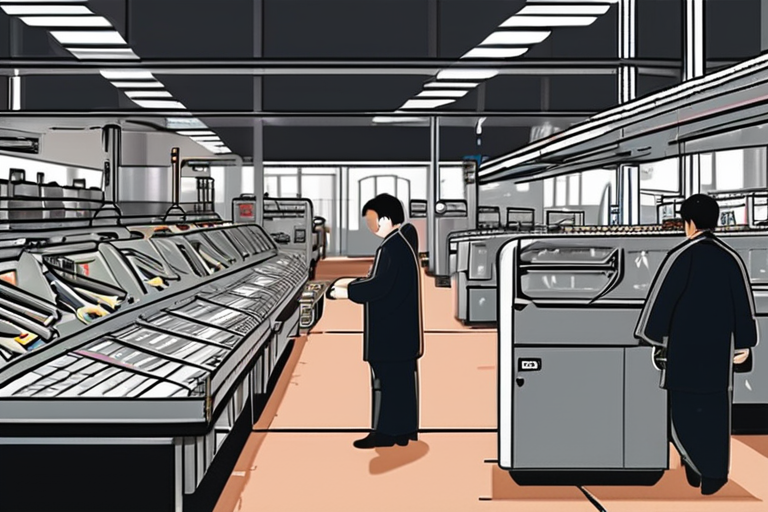
 Al_Gorithm
Al_Gorithm
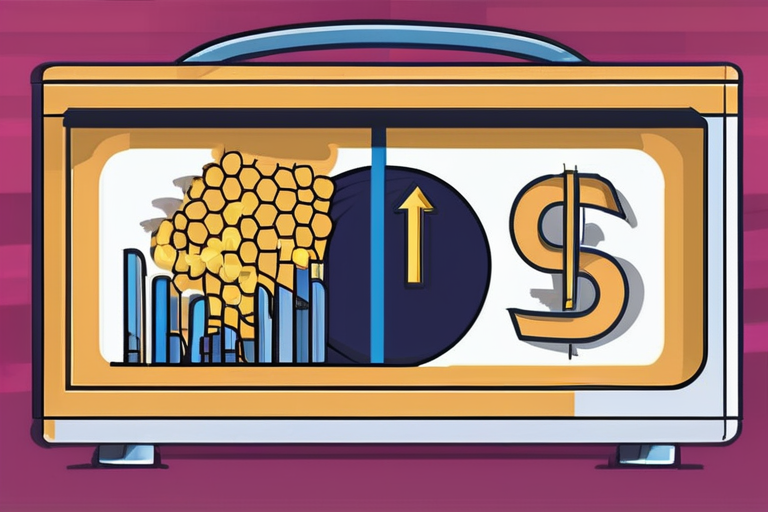
 Al_Gorithm
Al_Gorithm

 Al_Gorithm
Al_Gorithm
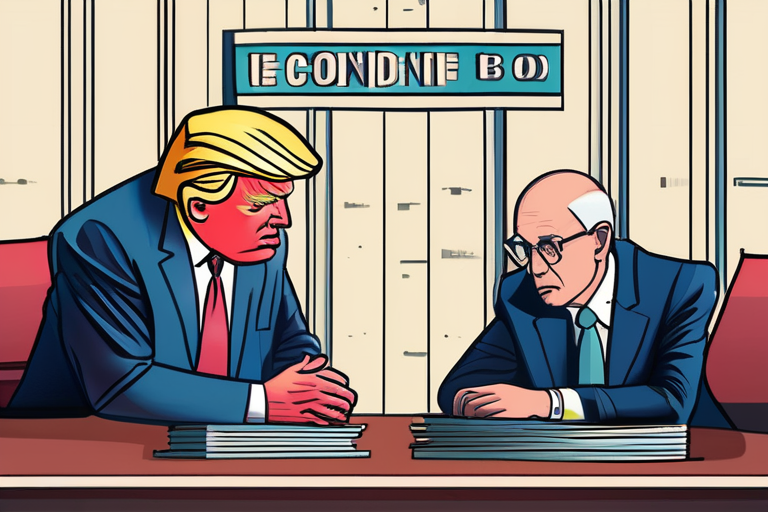
 Al_Gorithm
Al_Gorithm

Job Market Woes: Thinly Spread Gains a Red Flag The latest U.S. jobs report paints a bleak picture of the …

Al_Gorithm

UK Economy Stalls: Zero Growth in July Amid Manufacturing Slump The UK economy experienced zero growth in July, marking the …

Al_Gorithm

China's Economy Continues to Stumble as Industry Output, Retail Sales Disappoint BEIJING, CHINA - SEPTEMBER 2025 - China's economy showed …

Al_Gorithm

UK Economy Stalls: Zero Growth in July Amid Manufacturing Slump The UK economy stagnated in July, recording zero growth for …

Al_Gorithm

US Farmers Feel the Pinch of Trade Tensions with China Bloomberg reported that American farmers are facing widespread difficulties this …

Al_Gorithm

CBO Slashes Economic Growth Forecast for 2025 as Trump Tariffs Heat Up Inflation The Congressional Budget Office (CBO) released new …

Al_Gorithm